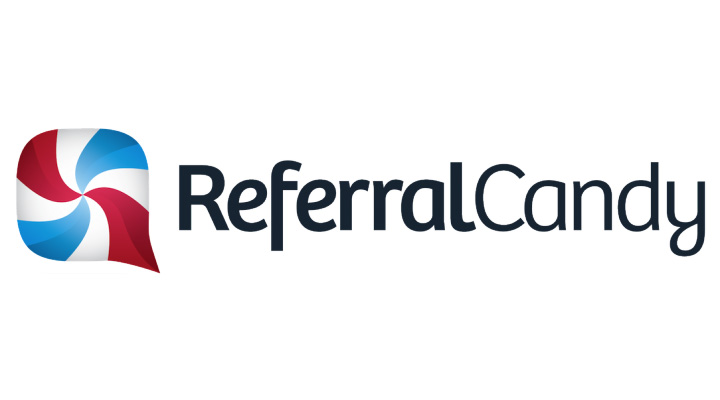By Grace Garcea
Lolz cats may seem like the most important animal of the web, but Panda and Penguin can stop you right in your tracks. These two Google algorithms have cut down hundreds of websites and put them on the lowest pages of Google Search.
Panda used to be the algorithm that websites feared, but since Penguin’s release on April 24, 2012, websites have to worry about both. Yet, how do you know which one has limited your web results? They both seem to have the same end result, but knowing which one is stopping you can help you fix the problem with your site.

PANDA:
This algorithm created in early 2011 was created to make it easier to find high-quality sites on Google Search. They wanted to reduce the rankings of sites with low-valued content in the United States. The Panda algorithm was not made public in order to prevent people from “working the system”.
According to Google, Panda focuses on enforcing content. Panda targets content heavy sites that are trying to garner search results via text content and links where the content is not relevant.
It also searches for duplicate content and thin content as well as sites that have back links. Any sites found guilty of poor content will decrease in the rankings. By monitoring and punishing these bad practices, Google is promoting good, high-quality content rather than those sites that are trying to trick the system. Make sure your site has high quality and unique content and you should be able to avoid being hurt by Panda.
PENGUIN:
This new animal was released earlier this year around the same time as two Panda updates. Many sites got hit hard by both of these in the last weeks of April; however, unlike Panda, Penguin is not targeting content – it is more focused on spam and bad SEO practices.

If there is a site that is stuffed with keywords, it will likely be impacted by Penguin. It assumes that these keywords are being used to draw traffic and searches rather than being part of the natural flow of content.
Certain types of links can also cause your site to be affected. If your site has artificial links, paid links without descriptions, unnatural links, Penguin will demote you.
Google’s goal with Penguin is to stop the spread of spam and to promote natural links. Penguin, unlike Panda, affects other nations in addition to the USA.
While Panda and Penguin focus on different aspects of a website, they both have the same general goal – to provide high quality search results for end users. If you notice your site has been penalized by one of these algorithms, try to figure out exactly what was targeted. Are your content, keywords, and links relevant? Determine the problem and fix it. Monitor your analytics in the following weeks to see if you start rising back up in search rankings. SEO is an ongoing effort, not a one-stop-shop. Optimize, analyze, and repeat!





![Digital Marketing In Asia 2013: 66% Businesses To Increase Their Budget In Next 12 Months [REPORT]](https://xcluesiv.com/blog/wp-content/uploads/2014/02/Digital-Marketing-In-Asia-2013.jpg)







